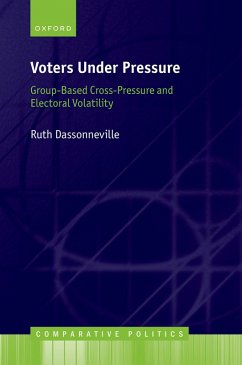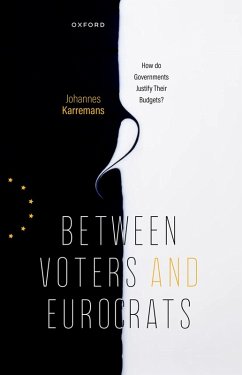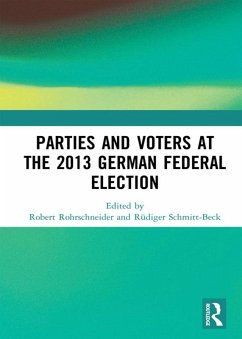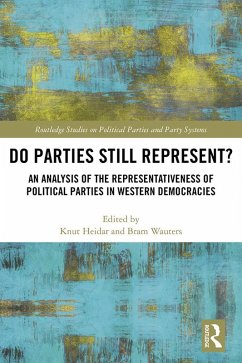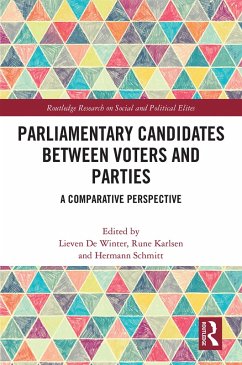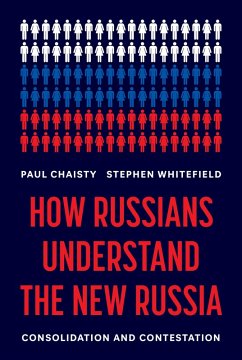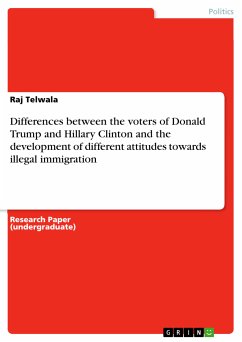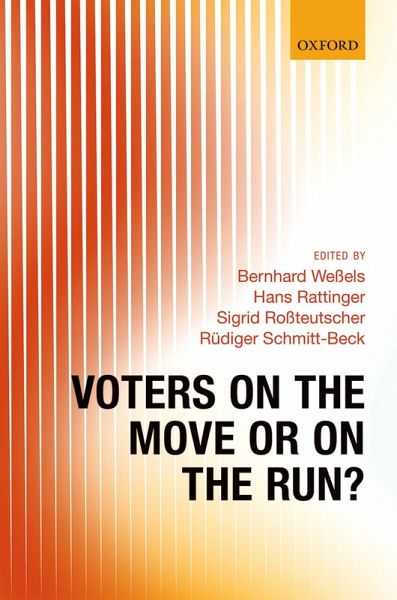
Voters on the Move or on the Run? (eBook, PDF)

PAYBACK Punkte
23 °P sammeln!
Voters on the Move or on the Run? addresses electoral change, the reasons, and the consequences. By investigating heterogeneity of voting, and complexity of voting and its context the volume shows that increasing heterogeneity is not arbitrary and unstructured. Heterogeneity of voting rather is a way of voters dealing with the increasing complexity of the context of elections - diversified social structures, increasing differentiation of political supply, increasing complexity of the information environment. By analysing the conditions of heterogeneity and showing that the calculus of voting b...
Voters on the Move or on the Run? addresses electoral change, the reasons, and the consequences. By investigating heterogeneity of voting, and complexity of voting and its context the volume shows that increasing heterogeneity is not arbitrary and unstructured. Heterogeneity of voting rather is a way of voters dealing with the increasing complexity of the context of elections - diversified social structures, increasing differentiation of political supply, increasing complexity of the information environment. By analysing the conditions of heterogeneity and showing that the calculus of voting becomes more and more conditional in terms of what voters regard as relevant criteria for vote choice, the book demonstrates that the new feature of electoral behaviour is structured heterogeneity. The dimensions of differentiation of the electorate are cognitive capacity and the structure of individual information acquisition systems. The book demonstrates that voters are on the move looking for appropriate answers to new complexities rather than on the run. The book uses data predominantly from the German Longitudinal Election Study (GLES), and also comparative data from the Comparative Study of Electoral Systems (CSES). Cross-sectional analysis is complemented by long- and short-term dynamic analyses with panel data, and comparative analyses.
Dieser Download kann aus rechtlichen Gründen nur mit Rechnungsadresse in A, B, BG, CY, CZ, D, DK, EW, E, FIN, F, GR, HR, H, IRL, I, LT, L, LR, M, NL, PL, P, R, S, SLO, SK ausgeliefert werden.




